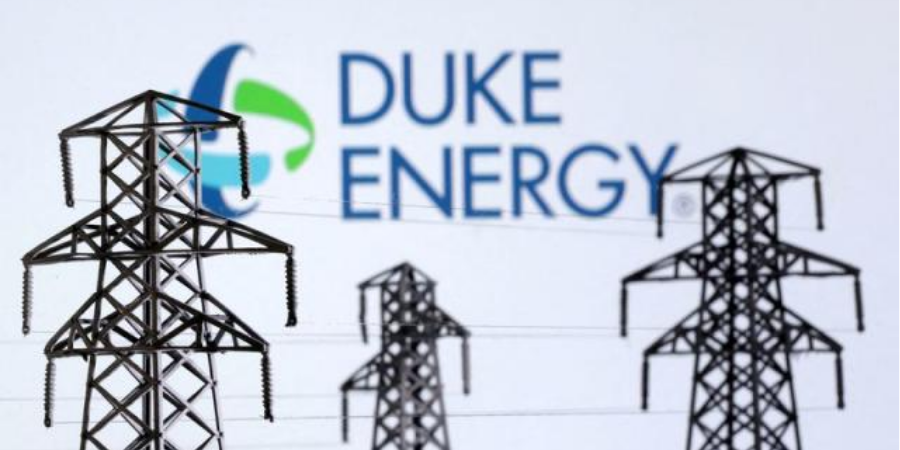India–US Trade Tensions Rise Over Steel and Auto Tariffs NMDC Limited reports a 38% drop in Q4 FY24 consolidated net profit RINL to Raise $23 Million Through Land Sales Amid Crisis

In February 2024, Duke Energy announced plans to remove Chinese battery giant CATL's equipment from a Marine Corps base. This decision came amidst growing concerns about national security risks associated with using technology from China. The move highlights the increasing scrutiny of Chinese companies operating in sensitive sectors such as energy and defence.
Duke Energy, a major utility company in the United States, decided to replace CATL's batteries at the Marine Corps base due to concerns raised by the U.S. government. The decision reflects broader tensions between the U.S. and China regarding technology and security.
CATL, based in China, is one of the world's largest producers of batteries for electric vehicles and energy storage systems. However, its close ties to the Chinese government have raised concerns in the U.S. about potential espionage or cyber threats. The U.S. government has been increasing restrictions on Chinese companies' access to critical infrastructure and sensitive technologies.
Removing CATL's equipment from the Marine Corps base demonstrates the U.S. government's efforts to mitigate risks associated with Chinese technology. By replacing CATL's batteries, Duke Energy aims to address national security concerns and ensure the safety and integrity of the Marine Corps base's energy systems.
This decision also reflects a broader trend of decoupling between the U.S. and China in key strategic sectors. As geopolitical tensions escalate, countries are becoming more cautious about relying on technology from potential adversaries. The U.S. government has been encouraging domestic production and reducing dependence on foreign suppliers, particularly from China.
However, the removal of CATL's equipment may have implications for the Marine Corps base's energy infrastructure. Finding alternative suppliers for batteries could pose logistical challenges and may require additional investment. Duke Energy will need to ensure that the replacement batteries meet the Marine Corps' requirements for reliability, performance, and security.
Moreover, the decision could impact CATL's business prospects in the United States. As Chinese companies face increasing scrutiny and restrictions, they may encounter difficulties accessing the U.S. market and participating in projects involving critical infrastructure or national security.
Duke Energy's decision to remove CATL's batteries from a Marine Corps base underscores growing concerns about the use of Chinese technology in sensitive sectors. It reflects broader efforts by the U.S. government to reduce reliance on foreign suppliers, particularly from China, in key strategic areas. As geopolitical tensions persist, companies and governments around the world are reevaluating their relationships with Chinese firms and prioritising security and sovereignty in critical infrastructure projects.
Also Read : US Steel reports 4% increase in steel shipments in 2023 Biden Offers $1.5 Billion Loan to Restart Michigan Nuclear Power Plant